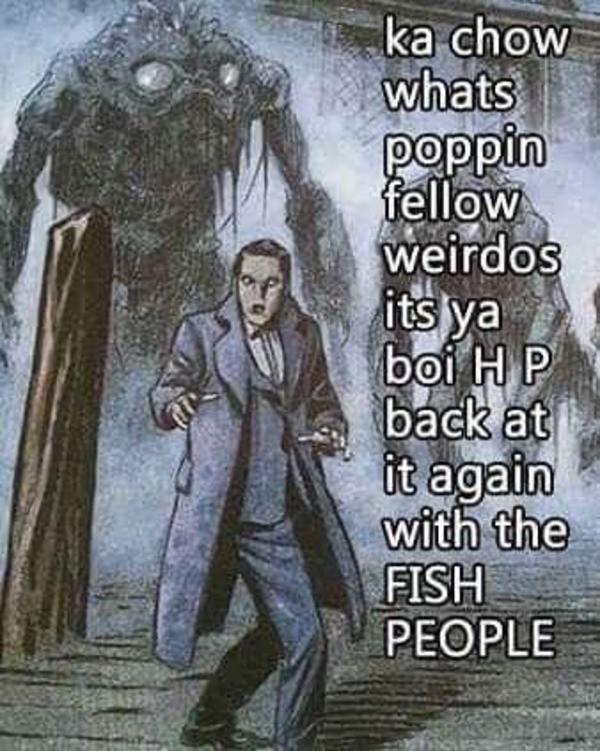As I talked about a bit in my post last week, while everyone has their preferred game to play, I’m a proponent of exploring games outside of that to give you something new and interesting to bring to the table and make your own games that much better. So this week, I thought I’d talk about some of those outside influences I’ve explored and how they’ve played a part with 1879.
First and foremost, we’ve got to take a look at our own properties. For any newcomers who are not aware, 1879 is heavily influenced by EarthDawn, our flagship RPG line and the original game for the CoreStep system. Writing 1879 was the first time a game line other than EarthDawn was created using CoreStep, so naturally most of the base mechanics are a direct port over. We were creating 1879 at the same time ED4 was being built, so we’ve got a mix pulling from ED3 and EDC to fill in the gaps for what hadn’t been established yet. In particular, EDC had a fair amount of influence on our mechanic for creating new spells in-game. Of course some things didn’t have an equivalent between the two systems, and we had to make up rules for them on our own as we went along, such as the mechanics for firearms and Engine programming. Most of the mechanical and thematic ties come from the magic system, though it’s a bit convoluted given the lower magic level of 1879 as well as the change in world views over that long of a stretch of time that make perceptions on magic change. Still, those who know EarthDawn should spot most of the references, and there are some further ties that will continue to be sprinkled throughout as we go along. All I’ll say right now is I have plans.

The other main connection that I’m only covering for the uninitiated is Shadowrun. FASA were the original creators of Shadowrun, and selling it left a hole in our cosmology, which 1879 replaces. It’s primarily theme rather than mechanics here, and those ties should be fairly obvious. Even though we’re playing through it rather than after, the themes of the Awakening are pretty clear, the Lovelace and Byron Professions are direct setting-altered links to Deckers (and Virtual Worlds 2.0 was the other major influence on the info for writing Engine programs), the balance of magic and technology is present in several aspects, and you even see some elements like body modification present with steam powered prosthetics. The ties here are more subtle and will continue to be so, though again, I do have some further plans as we go along.
Looking outside of our own games, there are a few subtle influences with Call of Cthulhu. As I’ve mentioned before, the idea behind the tagging mechanic we use for advancing Skills was influenced from there as a compromise between the EarthDawn mechanics for meditation to raise Talents (which we don’t have the mana level to support) and totaling hours to raise Skills (which is far too much bookkeeping to use for your primary abilities). It’s also nigh impossible to not include some amount of influence whenever you come up with a plot point that has an element of horror to it – and in a world where you’ve got a race who will take a dead body and stick a magic battery and control box in it to make it walk around and work/fight for them, some elements of horror are inevitable. Aside from that, given the Victorians’ love for secret societies and the occult, there are some themes there that apply universally to both systems. There’s also some Lovecraft inspired ookiness with some of the creatures and resulting tools being written up for the aquatic Saurids that you’ll see made reference to in the upcoming Saurids Sourcebook.

The eagle eyed among you may spot a few subtle influences of Savage Worlds in a few 1879 mechanics. Before we decided to port out CoreStep as our system, we actually started doing writing for 1879 using Savage Worlds, and a few of the ideas there remain, albeit with the needed adjustments to fit them into CS. Most obvious is our spell mechanics having a base spell to pull the main mechanics off of, and then KAVs that players actually use in order to theme it appropriately to their particular Profession and associations. There are a few obscure references as well, some of which you wouldn’t pick up on if you weren’t involved in the development. The first time I played anything in the setting of 1879 was an initial play through of our Race to the Top convention demo using Savage Worlds mechanics, playing a Big Game Hunter named Roger Thomas, and if you look, you’ll spot a few marginalia quotes referenced to him in the books (if this game line ever becomes mainstream popular, there’s an obscure reference for a future game show question).

What other games have you played, and how have they affected how you run 1879? Are there any elements from 1879 or other FASA games that you’ve brought into other games? Let us know in the comments and on Discord, and we’ll see you in the next one.

One thought on “1879: Other Game Influences”
Comments are closed.